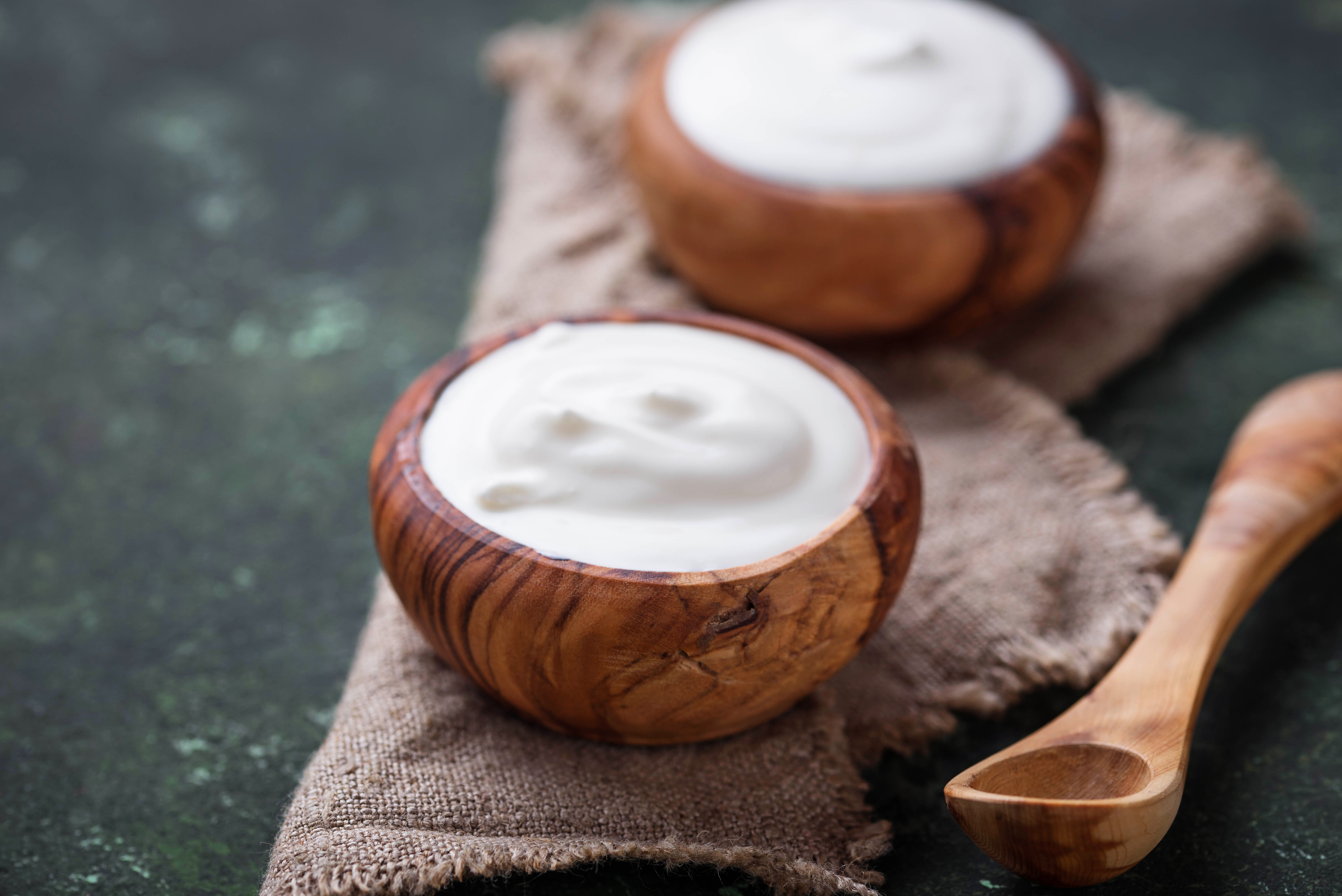Probiotics vs. Prebiotics: What’s the Difference and Why Does It Matter?
3. The Symbiotic Relationship: Probiotics and Prebiotics Together

While probiotics and prebiotics serve distinct roles, their combined use can enhance their overall benefits, leading to what is known as a synbiotic effect. Synbiotics are products that contain both probiotics and prebiotics, designed to improve the survival and colonization of beneficial bacteria in the gut. This combination ensures that probiotics have the necessary nutrients to thrive and exert their positive effects on the gut microbiome. The synergy between probiotics and prebiotics can enhance digestive health, boost the immune system, and improve nutrient absorption. For instance, a synbiotic yogurt containing both live probiotic cultures and prebiotic fibers can provide a more comprehensive approach to gut health than either component alone. Understanding the symbiotic relationship between probiotics and prebiotics is crucial for optimizing their health benefits.
5. Probiotic Strains: Not All Are Created Equal

The effectiveness of probiotics largely depends on the specific strains used, as different strains have unique properties and health benefits. For example, Lactobacillus rhamnosus GG is well-known for its ability to prevent and treat diarrhea, while Bifidobacterium lactis has been shown to improve digestive health and enhance immune function. It is essential to choose the right probiotic strain for specific health concerns, as not all strains will have the desired effect. Additionally, factors such as dosage, delivery method, and individual gut microbiota composition can influence the efficacy of probiotics. When selecting a probiotic supplement or food product, it is important to consider the specific strains included and their documented health benefits. Consulting with a healthcare professional can help determine the most appropriate probiotic strain for individual needs.
